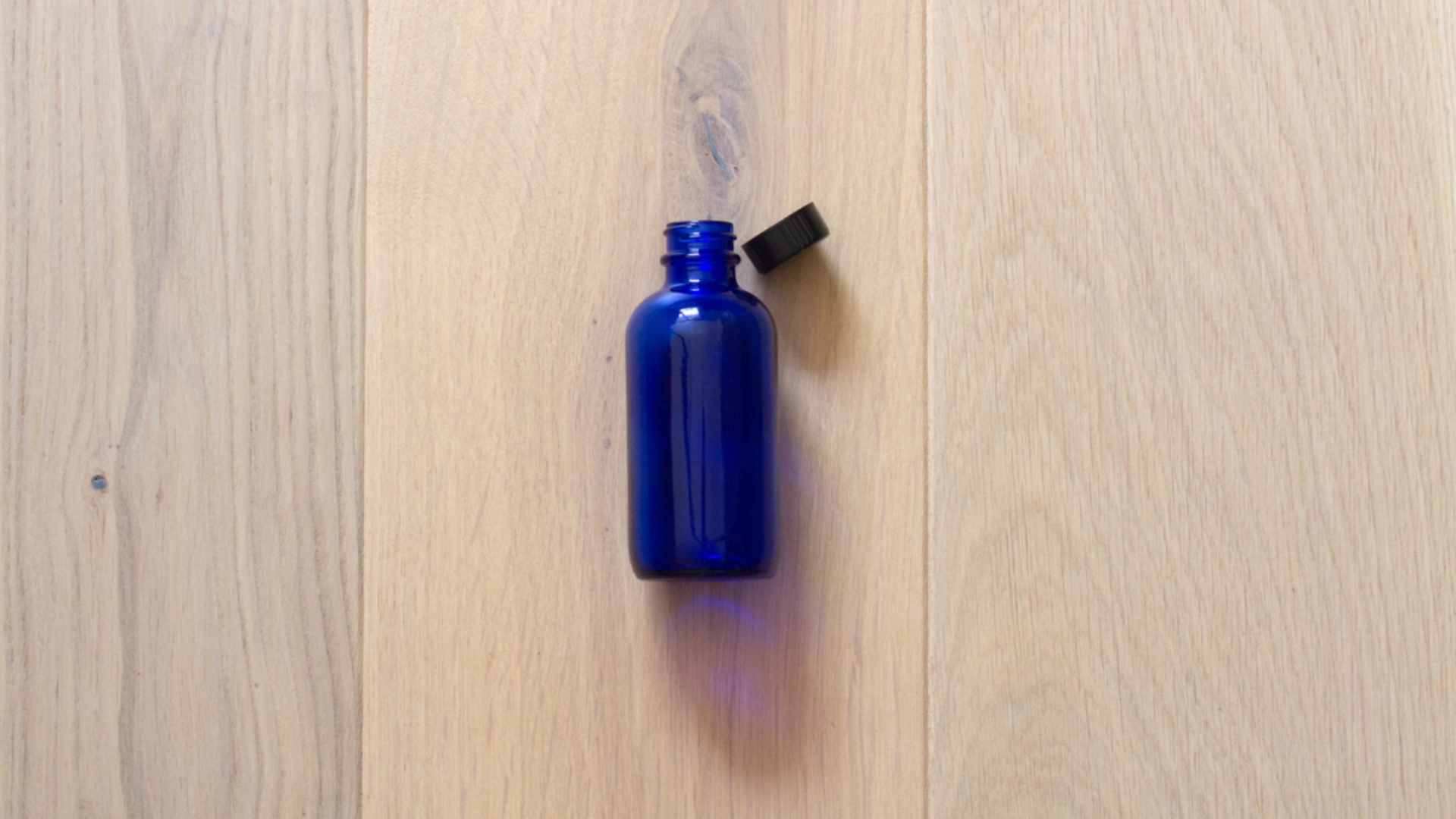
As parents, we understandably worry about our children drinking, doing drugs, vaping, or smoking. Ingesting drugs and alcohol can hurt their bodies and their minds. We constantly preach about making good choices and doing the right thing. Even once we think we have all our bases covered, something new pops up. Have you heard of Feel Free Classic tonic? It sounds innocent enough, but experts say the little blue bottle is wreaking havoc on adults and adolescents. It contains highly addictive ingredients that parents need to know about.
TikToker Misha Brown, shared a firsthand experience with Feel Free Classic in a cautionary tale to parents. His video has amassed 21 million views and started a big conversation.
“No joking in this video,” he begins. “This is a warning, specifically for parents, but I guess really for anybody. Something truly disturbing just happened to me,” he explained in his video.
Brown said a young teen, around 14 years old, approached him at a gas station and asked him for a favor. “’Hey, can you buy me some Feel Free?’”
At first, Brown thought the kid wanted food, which he was happy to oblige. However, when the teen demanded the tonic, Brown declined. He claimed the teen then tried to steal his wallet, but he grabbed it back and went inside. The gas station attendant told him that people buy Feel Free all day long, and some will purchase multiple bottles a day.
@yourbestiemisha WARNING ‼️ Due to the ingredients kratom and kava this seems to be drastically harming people. I didn’t know anything about this and could have easily picked up a bottle sitting on a gas station counter! Be safe 🫶 #feelfree ♬ original sound – yourbestiemisha
“Thank you for letting us know!!! I have never even heard of Feel Free,” a TikToker commented.
“FEEL FREE IS INSANE!” someone shared. “I tried one once and accidentally drank a little more than half of it (dose is half) and felt sick for 12+ hours. My nervous system was so f—-d up I was crying & couldn’t drive home. I slept in my car for several hours.”
Brown told BuzzFeed he’s happy so many parents saw his video.
“I think that is very telling of how scary this substance is, especially when it’s marketed as safe,” he told BuzzFeed. “One positive that has come from my video is the amount of parents I’ve seen who said they, like me, had never heard of this product and will be talking to their children about avoiding it.”
Jasmine Adeoye shared her Feel Free story with the New York Post. After cutting out alcohol, she decided to give Feel Free a try hoping for a bit of a boost.
“I wanted to overcome the social anxiety of not having alcohol anymore, and it made me feel really good, but from then on, it was just a slow progression,” she said. “I had no idea, going into it, that it was addictive.”
Things got out of control quickly for Adeoye. “It started to progress to, one a day slowly, and then two to three a day, and then upwards of five or six, and at the absolute worst, like 12 bottles a day,” she recalled. “I was spending easily $3,000 a month.”
Pharmacist Ethan Melillo, told the New York Post that Feel Free contains kava and kratom. While both are legal in the US, they are also highly addictive. Kava, a depressant, and kratom, a stimulant, have opposite effects on the body.
“What I’m seeing is people [consuming] like two, three, four [drinks] a day, because once you build that tolerance, your body will want more of it,” Melillo explained.
“I’m not surprised that people are getting addicted to this, and that’s what’s so concerning about supplements,” he added. “Usually, they will only get pulled after people are having side effects.”
On July 29, 2025, the US Food & Drug Administration recommended a scheduling action to control certain 7-hydroxymitragynine products under the Controlled Substances Act.
“The FDA is specifically targeting 7-OH, a concentrated byproduct of the kratom plant; it is not focused on natural kratom leaf products,” the release explains. “7-OH is increasingly recognized as having potential for abuse because of its ability to bind to opioid receptors.”
“Vape stores are popping up in every neighborhood in America, and many are selling addictive products like concentrated 7-OH. After the last wave of the opioid epidemic, we cannot get caught flat-footed again,” said FDA Commissioner Marty Makary, M.D., M.P.H. in the announcement. “7-OH is an opioid that can be more potent than morphine. We need regulation and public education to prevent another wave of the opioid epidemic.”
According to the Botanic Tonics website, this recommendation does not apply to Feel Free. “Crucially, the FDA’s recommendation applies only to products containing concentrated, unnatural levels of 7-OH — NOT products that contain natural leaf kratom like feel free CLASSIC,” Botanic Tonics claims.
“There is a distinct difference between the natural leaf kratom we use in Feel Free and 7-OH products,” a representative from Botanic Tonics tells CafeMom, noting the company has linked to the FDA announcement on its web site.
“Leaf kratom is different than concentrated 7-OH, a kratom synthetic that the FDA announced that they are moving to ban. Botanic Tonics should not be included when referring to 7-OH products,” the representative shared.
A woman in Brown’s comments section said a gas station attendant told her not to purchase Feel Free. That was enough for her.
“I picked this up off the counter when I was checking out at 711 and was reading it,” she wrote. “The girl at the register said please don’t buy that. Trust me, it’s not good for you. I hope she kept saying this to everyone like me that didn’t know what it was. Happy I didn’t try it.”




